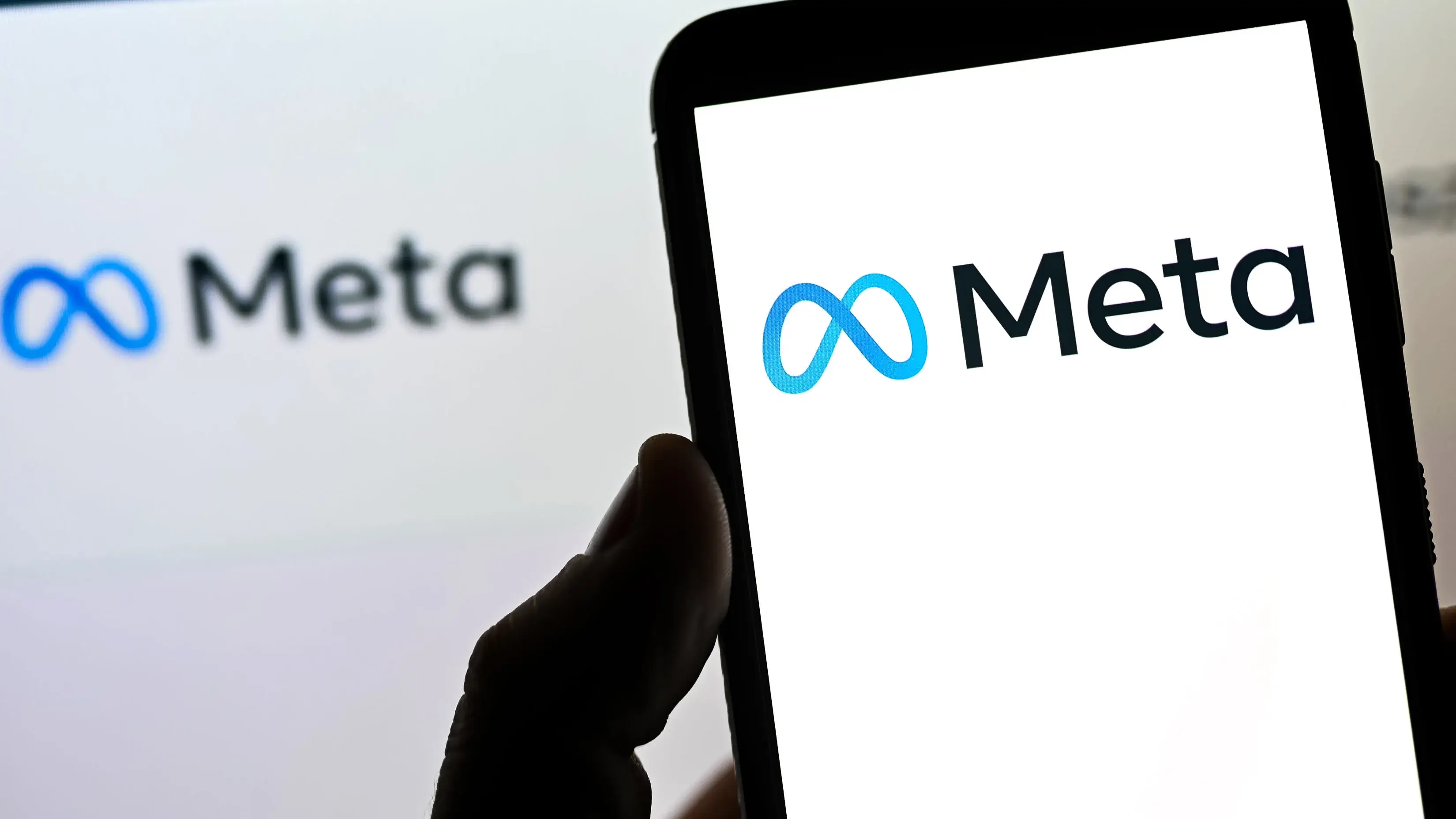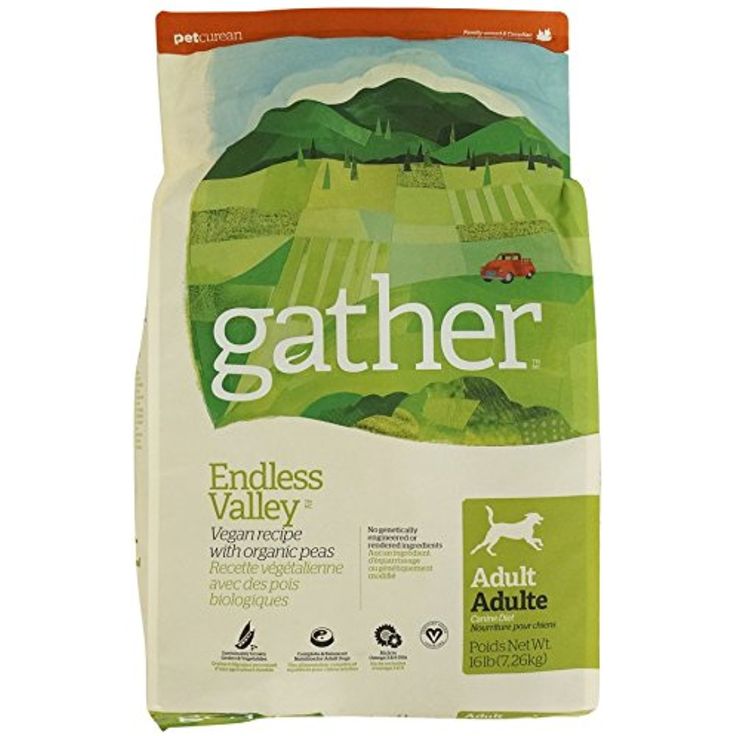Meta Vs. FTC: The Latest On Instagram And WhatsApp Antitrust Battle

Table of Contents
The FTC's Case Against Meta
The FTC lawsuit against Meta centers on the allegation that the acquisitions of Instagram and WhatsApp were anti-competitive maneuvers designed to eliminate potential rivals and solidify Meta's dominance in the social media market. This assertion rests on several key arguments:
-
Elimination of Competition: The FTC argues that Meta strategically acquired Instagram and WhatsApp, preventing them from becoming serious competitors to Facebook. This, they contend, stifled innovation and harmed consumers.
-
Market Dominance: The core of the FTC's case is that Meta's acquisitions created an insurmountable barrier to entry for new social media platforms. This alleged market dominance allows Meta to control the flow of information and potentially exploit users. While direct pricing isn't a factor in free social media services, limiting competition could eventually lead to price increases or reduced service quality in the long run.
-
Preemptive Acquisitions: The lawsuit alleges that Meta consistently employs a strategy of acquiring promising competitors before they can pose a substantial threat, thus maintaining its monopolistic position. This preemptive strategy, the FTC argues, is anti-competitive and harms consumers by limiting choice.
-
Specific Examples: While details are still emerging, the FTC is expected to present specific instances of alleged anti-competitive behavior during the trial, highlighting Meta's actions and their impact on market competition.
Meta's Defense Strategy
Meta's defense against the FTC lawsuit focuses on portraying the acquisitions of Instagram and WhatsApp as pro-competitive moves that fostered innovation and benefited users. Key components of their strategy include:
-
Integration and Innovation: Meta argues that the integration of Instagram and WhatsApp into its ecosystem has led to significant innovations and improvements in user experience. They point to features and functionalities that only became possible through the combined resources and technologies of these platforms.
-
Competitive Landscape: Meta aims to demonstrate that the social media market isn't a monopoly controlled solely by them. They'll likely highlight the presence of significant competitors like TikTok, Snapchat, and Twitter, arguing that the market remains dynamic and competitive.
-
Economies of Scale: The defense will likely emphasize the benefits of scale achieved through these acquisitions, allowing for increased investment in research and development, infrastructure improvements, and enhanced user features. These economies of scale, they argue, ultimately benefit consumers.
-
User Benefits: Meta's defense will heavily focus on the positive impact the acquisitions had on user experience, citing enhanced connectivity, improved features, and the creation of a more seamless social media experience.
Recent Developments and Legal Proceedings
The Meta vs. FTC case has seen several significant developments. [Insert details of recent court decisions, appeals, settlements, or ongoing negotiations here. This section needs to be updated regularly to reflect the most current information]. The potential impact of the case's outcome extends far beyond Meta; it will serve as a precedent for future mergers and acquisitions in the tech industry, potentially influencing regulatory approaches to antitrust concerns.
The Impact on Consumers
The outcome of the Meta vs. FTC case holds significant implications for consumers:
-
User Experience: The ruling could directly impact the user experience on Instagram and WhatsApp, potentially altering features, data sharing practices, or even the availability of these platforms in their current forms.
-
Data Privacy: The lawsuit's focus on anti-competitive practices also touches on issues of data privacy and user data control. The outcome could have implications for future data privacy regulations and practices within the social media industry.
-
Choice and Competition: The ultimate decision will significantly affect the level of choice and competition among social media platforms. A ruling against Meta could encourage greater competition and innovation in the social media landscape, while a victory for Meta might solidify its market dominance.
Conclusion
The Meta vs. FTC antitrust battle is a pivotal legal and economic event with far-reaching implications for the future of social media and the tech industry as a whole. The case's outcome will profoundly impact future mergers and acquisitions in the sector, influencing competition, innovation, and user experiences. The arguments presented by both sides highlight complex issues relating to innovation, market dominance, and consumer welfare. Understanding the intricacies of this case is crucial for anyone seeking to comprehend the evolving dynamics of the digital world.
Call to Action: Stay informed about the latest developments in the Meta vs. FTC antitrust case. Understanding this crucial battle is essential to comprehending the future landscape of social media competition. Continue to follow this case to grasp the evolving dynamics of the Meta vs. FTC legal fight and its implications for Instagram and WhatsApp.

Featured Posts
-
 Te Ipukarea Societys Research On Understudied Seabird Populations
May 01, 2025
Te Ipukarea Societys Research On Understudied Seabird Populations
May 01, 2025 -
 Omnis Plant Based Dog Food A Dragons Den Success Story
May 01, 2025
Omnis Plant Based Dog Food A Dragons Den Success Story
May 01, 2025 -
 Astratyjyat Alteawn Ltezyz Slslth Almmyzt Dd Alshbab
May 01, 2025
Astratyjyat Alteawn Ltezyz Slslth Almmyzt Dd Alshbab
May 01, 2025 -
 Is Now The Right Time To Buy Xrp Ripple A Sub 3 Evaluation
May 01, 2025
Is Now The Right Time To Buy Xrp Ripple A Sub 3 Evaluation
May 01, 2025 -
 Dallas Cast Mourns Another 80s Soap Icon Passes Away
May 01, 2025
Dallas Cast Mourns Another 80s Soap Icon Passes Away
May 01, 2025
Latest Posts
-
 Zakharova Pozdravila Ovechkina S Rekordom N Kh L
May 01, 2025
Zakharova Pozdravila Ovechkina S Rekordom N Kh L
May 01, 2025 -
 Neal Pionk All The Latest News And Highlights
May 01, 2025
Neal Pionk All The Latest News And Highlights
May 01, 2025 -
 Neal Pionk Injury Update Latest News And Rumors
May 01, 2025
Neal Pionk Injury Update Latest News And Rumors
May 01, 2025 -
 Tkachuk And Panthers Explosive Second Period Secures Win Against Senators
May 01, 2025
Tkachuk And Panthers Explosive Second Period Secures Win Against Senators
May 01, 2025 -
 Neal Pionk Breaking News And Highlights From Around The Nhl
May 01, 2025
Neal Pionk Breaking News And Highlights From Around The Nhl
May 01, 2025
